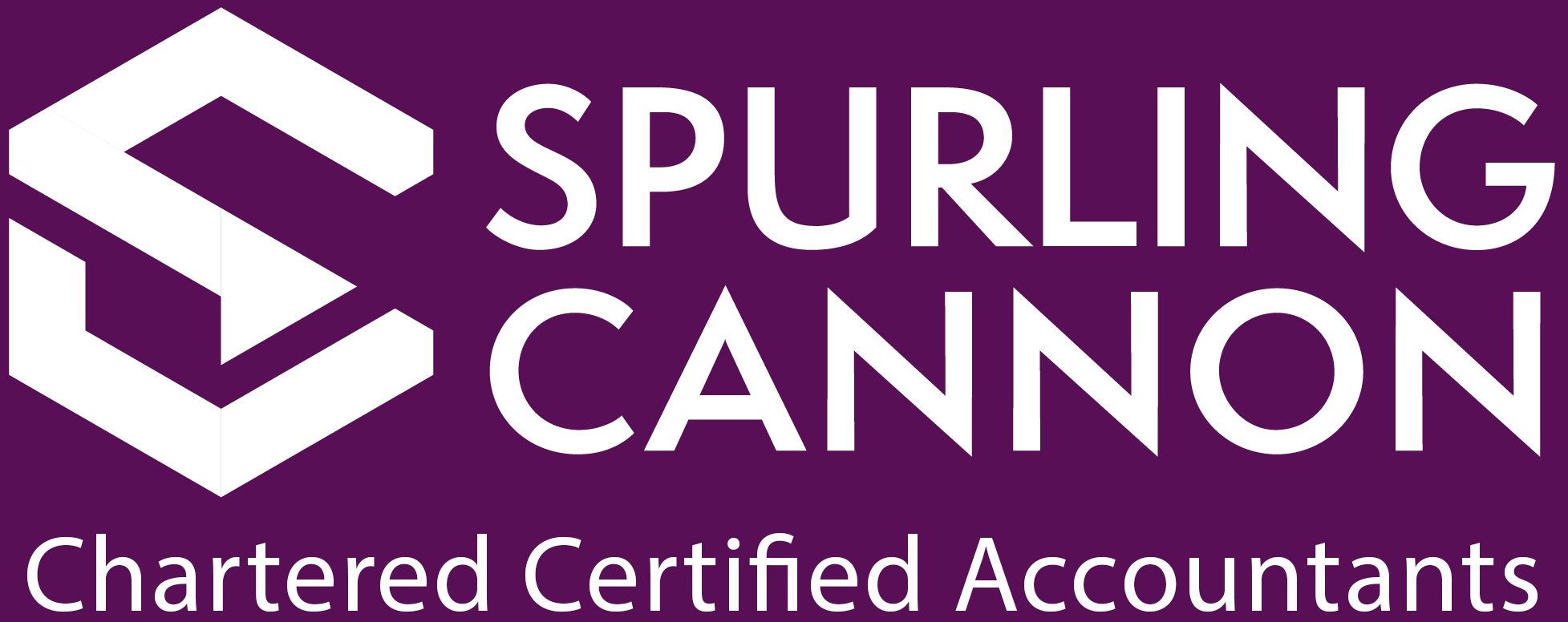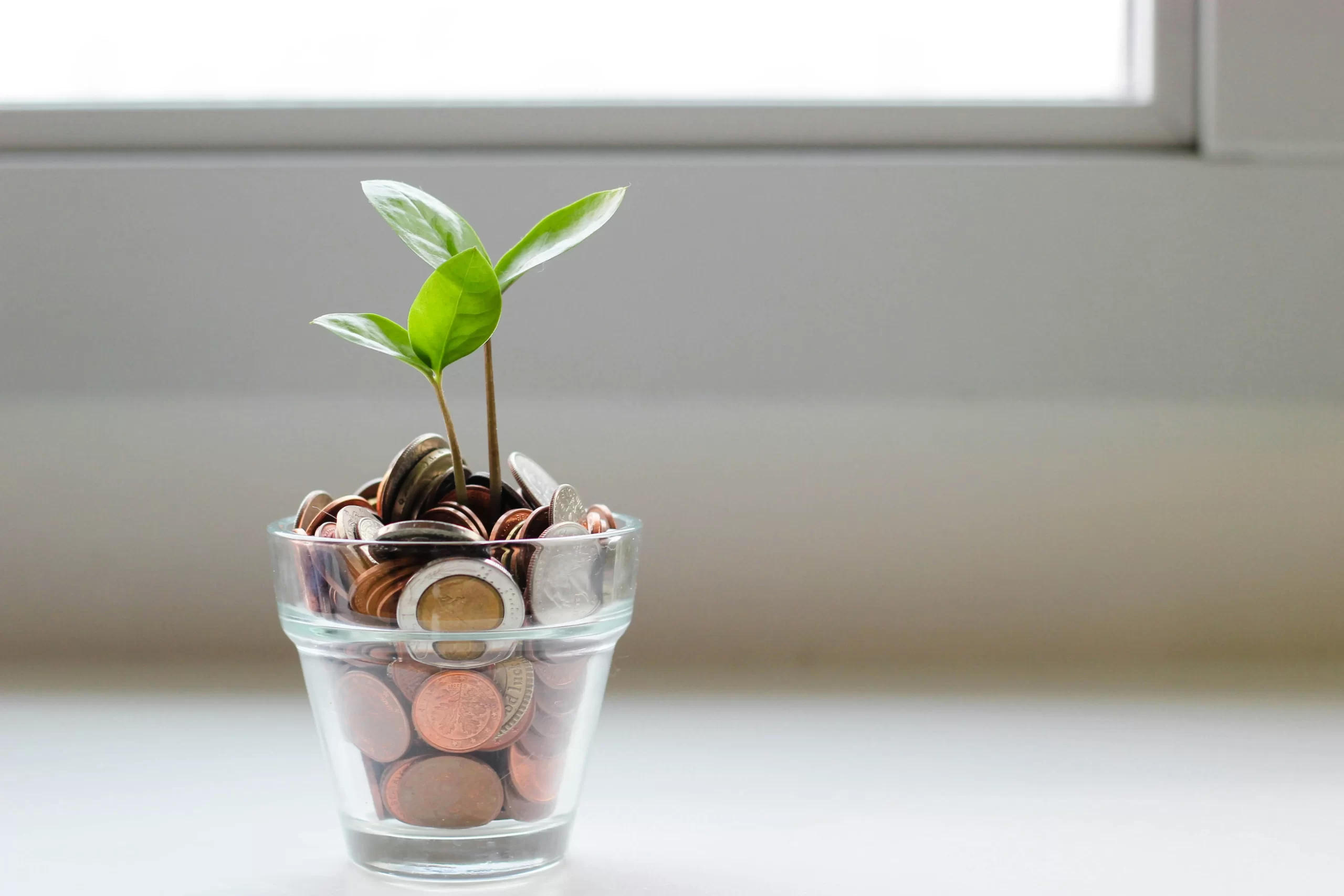What if I need to Access my Pension Savings
For very many people, finances have suddenly become much more of a worry than we would have imagined little more than a month ago.
With their customers effectively in lockdown due to the Coronavirus, even successful enterprises are finding that a collapse in Turnover is putting the future of their businesses at risk.
It’s little wonder then that the over 55’s are looking at the pension savings that they have built up over many years, as a source of vital funds.
The “Pensions freedoms” brought in by George Osborne mean that pension pots can in many cases be easily accessed. Whether it’s a good idea to encash substantial pension savings now when the market value of the underlying investments has recently taken a large hit is not discussed here. Neither is the question of what income will be left for retirement if those savings are encashed now, although both of these questions deserve careful consideration.
If I cash In my Pension Savings, how will this be Taxed?
And How will it affect Benefits I claim such as Tax Credits, Universal Credit and Child Benefit?
Normally if someone encashes a pension policy or part of a pension policy, the first 25% will be tax-free. Anything above that is counted as taxable income, which is where a number of pitfalls come into place.
Firstly if this takes your income over £50,000 the excess will generally be taxed at 40% and if it takes your income over £100,000 the rate of tax on the encashment will be higher still. Many people find that the pension companies will deduct tax at an emergency rate and the excess tax deducted will have to be claimed back later.
If someone is claiming Universal Credit or Tax Credits they will find that the “taxable income” arising from their pension encashment is counted as income, when those benefits are considered, so that the Benefits available may be severely affected. Tax Credits in particular are often paid in advance, with a “clawback” after HMRC have been informed of the pension encashment.
A further significant aspect to be considered is in connection with households where Child Benefit is being claimed. If a significant pension pot is cashed in, and as a result the individual’s taxable income goes over £50,000 then part or all of the child benefit may effectively be payable back to the Government through the “High Income Child benefit Charge”. This is declared to HMRC via the annual Self-Assessment Tax Return.
What should also not be forgotten is that once someone has taken pension benefits, in general this severely restricts the future tax-relievable pension contributions they are able to make.
There is a great deal of sensible advice and explanations in connection with pensions generally on moneyadviceservice.org.uk
When considering action in relation to these matters we recommend consulting a Financial Adviser to discuss how the rules apply to you personally.


